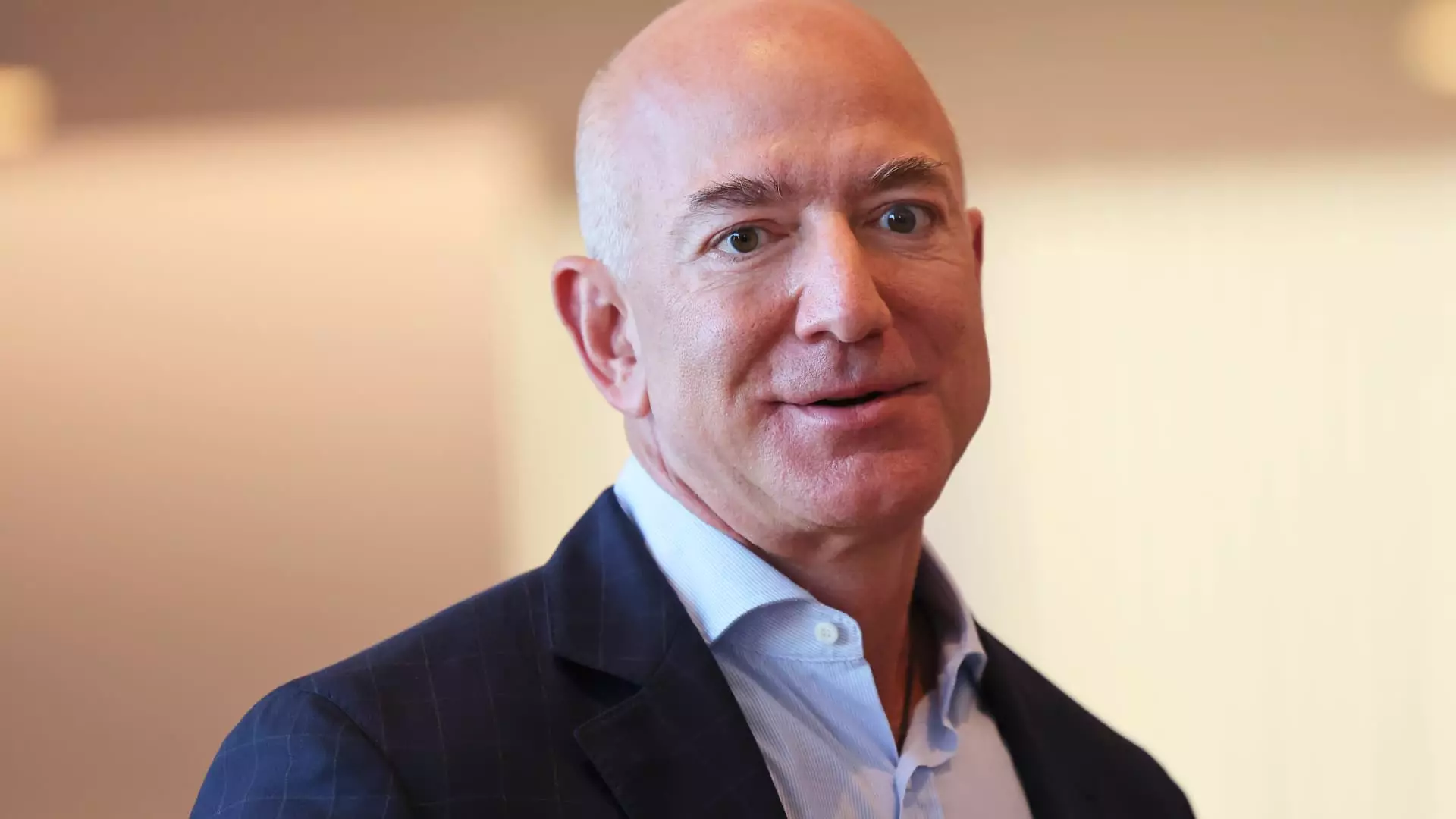In an era riddled with political polarization and rampant misinformation, Jeff Bezos, the owner of The Washington Post, publicly addressed his newspaper’s controversial decision to discontinue presidential endorsements. In an op-ed piece published Monday, he articulated that this step was essential for regaining the trust of American citizens in the news media. This move adds to the ongoing discourse surrounding the integrity of journalistic institutions amidst declining public confidence. Bezos lamented that he wished this policy shift had been enacted earlier, indicating a recognition of inadequate foresight in planning for the impact of such a significant change. This gesture of transparency and responsibility is a noteworthy shift for a publication that, for decades, influenced electoral outcomes through its endorsements.
The decision, articulated as a “principled choice,” marks a substantive pivot in The Washington Post’s editorial strategy, which historically leaned on its authority to guide voter decisions. Bezos claimed that “presidential endorsements do nothing to tip the scales of an election,” emphasizing that the influence these endorsements traditionally wielded may not be as significant as once assumed. The emphasis here suggests a pivot towards a more neutral stance, aiming to separate opinion from facts in a time when opinions often overshadow objective reporting.
The repercussions of this announcement were immediate and profound. Following the editorial shift, reports surfaced indicating that The Washington Post experienced a significant loss of over 200,000 digital subscribers within days. Coupled with the resignation of three editorial board members, this shakeup reveals the internal dissent and turmoil stemming from the abrupt policymaking. The reaction suggests that a segment of the Post’s staff is resistant to a departure from traditional practices, reflecting a broader concern about the viability of the newspaper’s new path.
While Bezos affirmed that the decision was made internally, external analyses suggested that the impetus may have stemmed from his personal apprehensions about perceived bias. Such assumptions illustrate the complexities of running a media organization in a politically charged environment. Indeed, the reputation of The Washington Post as an impartial news source is at stake, compelling Bezos to navigate this precarious landscape carefully.
A Gallup poll referenced by Bezos underscored a troubling reality; media organizations rank as one of the least trusted civic institutions in the United States. This finding is particularly jarring for a publication with such a storied history. The crux of the issue rests not just in delivering accurate news but convincing the public of its reliability. Bezos articulated a sentiment echoing a widespread concern among journalistic circles: “Something we are doing is clearly not working.”
This crisis of trust points to a broader societal disillusionment where many perceive news outlets as vehicles for bias rather than platforms for objective truth. In light of this context, Bezos’ decision to eliminate endorsements appears both radical and necessary. Removing the perception of endorsement-related bias is a strategy aimed at cultivating a readership that feels less alienated and more inclined to engage with the paper as a source of news rather than opinion.
The move to cease presidential endorsements signifies more than just a change in policy; it embodies a challenge to American journalism as it grapples with an evolving narrative surrounding trust and objectivity. As The Washington Post ventures into uncharted waters, it faces the challenge of redefining its role in civic life while simultaneously reassessing its responsibilities to its readers.
Ultimately, Bezos’ admission that the decision was not associated with any quid pro quo, despite coincidental meetings with political figures, showcases a complex interplay between media ownership and editorial independence. Moving forward, the real challenge lies in demonstrating this independence through sustained quality reporting and a commitment to transparency. The road to restoring public trust is undoubtedly fraught with obstacles, but the initial step towards neutrality may pave the way for a rejuvenated relationship between the media and its audience.
The cessation of endorsements will likely prove to be one of many necessary changes as The Washington Post works to rebuild a framework of credibility and reliability in a rapidly transforming media landscape.

Leave a Reply